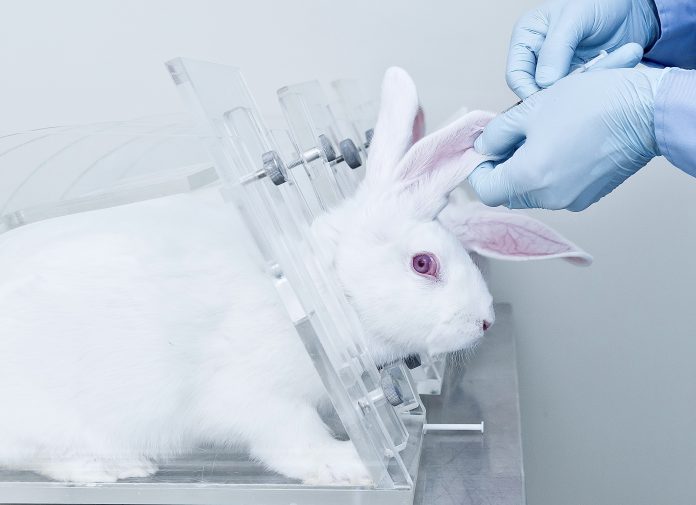You can help all animals and our planet by choosing compassion on your plate and in your glass. #GoVeg
RELATED ARTICLES
Amazon Faces Growing Backlash Over Selling Cruel Donkey-Hide Gelatin Products
Animal welfare advocates representing millions of people around the world gathered at Amazon HQ2 to hand-deliver over 370,000 petition signatures demanding that Amazon ban...
Man Charged With A Felony For Leaving His Dog Tied To A Fence During Hurricane Milton
A 23-year-old man has been charged with aggravated animal cruelty, a third-degree felony, after footage of his abandoned dog went viral just before Hurricane...
Colorado Officials Call Off Search For Wolf Pup Left Behind After Copper Creek Pack Was Captured
A picture of the suspected fifth wolf pup of the Copper Creek pack. Photo by: Colorado Parks and Wildlife
Conservationists and wildlife advocates are outraged...
Popular stories
News
WAN Talks With CA Fish & Wildlife About The Search For A 13-Month-Old Missing Black Bear In Lake Tahoe
The California Department of Fish and Wildlife (CDFW) and Lake Tahoe Wildlife Care (LTWC) are requesting the public’s help in locating a young, orphaned...
News
Five Suspects Arrested For The Shooting Of Lady Gaga’s Dog Walker & Theft Of Her Two French Bulldogs
A little more than two months after the shockingly violent shooting of Ryan Fischer, Lady Gaga’s dog walker, and the dognapping and subsequent return...
News
Sickening Trophy Hunting Event In Spain Auctioned Off Hunts Of Lions, Rhinos & Polar Bears Among Other Endangered Species
Photo by Katie Cleary
Humane Society International/Europe found that at least 54 outfitters at one of the EU’s largest hunting fairs, Cinegética, were selling trophy...



